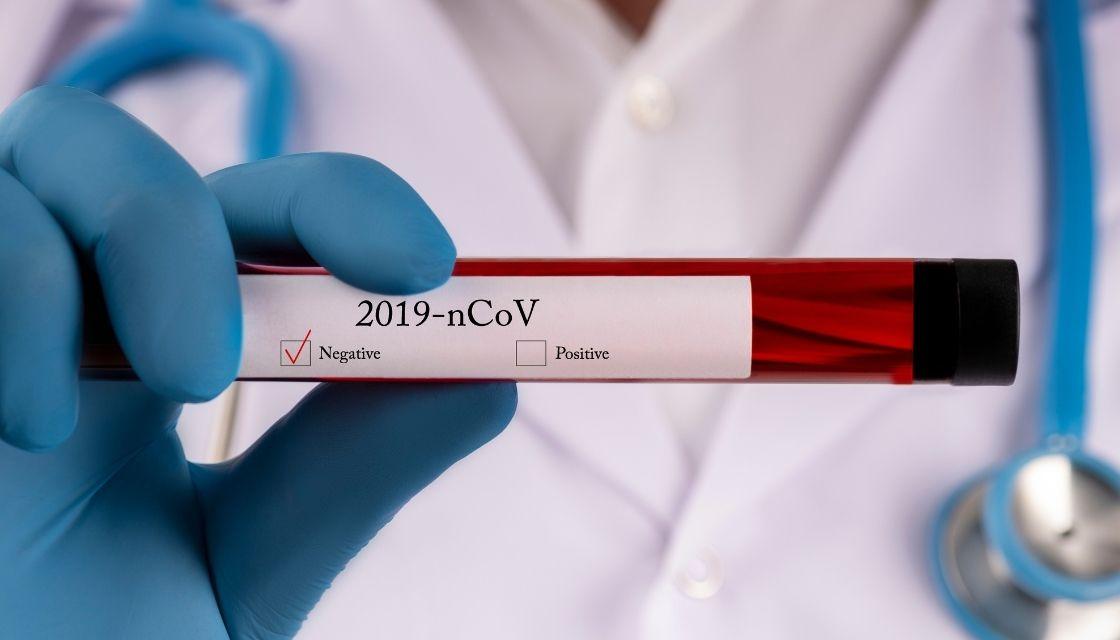Citizens and permanent residents intending to return to New Zealand are reportedly able to obtain fake certificates claiming they have tested negative for COVID-19 to ensure they can enter the country.
In accordance with the Government's pre-departure testing rule, prospective returnees are required to present a report certifying they have tested negative for the virus within the 72 hours prior to their flight.
The reports of fake certificates are exacerbating concerns regarding the number of returnees who are testing positive for COVID-19 on arrival - day zero - or the first day of their stay in managed isolation facilities, despite being required to present evidence of a negative test result before departure.
University of Auckland microbiologist Dr Siouxsie Wiles said she has been made aware of a returning New Zealander who was offered a fake negative test certificate for an unknown fee, as reported by the New Zealand Herald.
The pre-departure testing measure came into effect in late January to "further protect New Zealand from COVID-19", COVID-19 Response Minister Chris Hipkins said at the time.
On January 20, the Ministry of Health confirmed it would accept results from PCR tests, tests using loop-mediated amplification (LAMP) technology, or antigen tests, also known as viral antigen tests.

All tests must be processed by a laboratory recognised in the country of origin as authorised or accredited to conduct tests. At-home tests must also be processed by an authorised laboratory.
The laboratory will then issue the recipient a dated report containing the traveller's name, date of birth and/or passport number, the name of the testing lab, the type of test, the date and time the test was conducted and the result of the test.
Initially, only those returning from the United States and the United Kingdown were required to provide evidence of a negative test. However, that was expanded shortly after the first announcement to encompass all returnees worldwide - with limited exemptions.
That month the Government also expanded the testing regime at managed isolation facilities, with the majority of returnees now required to undertake a test for COVID-19 on arrival or day one of their stay.
Data supplied by the Ministry of Health demonstrates a significant number of new arrivals are returning a positive result due to testing on day 0/1.
Dr Wiles said the data indicates it was "a good idea" to introduce day 0/1 testing, but also suggests there are flaws in the pre-departure testing regime.
- Border workers who refuse vaccine to be removed from frontline jobs
- Only one in 10 Dunedinites are using the COVID Tracer app
- RNZAF delivers PPE supplies to Timor-Leste
- Eight new cases of COVID-19 caught at New Zealand's border, none in the community
She said the negative result simply shows the individual had not developed the virus at the time of their test, but doesn't account for incubation or contracting the virus in the days between the test and their arrival in New Zealand.
Wiles says she has "no doubt" there is a demand for fake negative test certificates.
"Someone got in touch with me to tell me a relative of theirs had been offered one in France but declined," she said, as reported by the NZ Herald.
On Friday, Director-General of Health Dr Ashley Bloomfield told reporters the Government was investigating the efficacy of the pre-departure test requirement.
He said "very few" people have returned to New Zealand without evidence of a negative result, but acknowledged the reliability of testing can vary globally - hence the introduction of routine testing on day 0/1.
For example, data indicates pre-departure testing in India is likely not be up to scratch, with roughly 40 people testing positive for COVID-19 on day 0/1 in New Zealand after travelling from the South Asian nation.
"We do take, on face value, the valid certification of the fact that someone's had a pre-departure test, which does require quite specific information," Dr Bloomfield said on Friday.
Proposals from experts include introducing a mandatory period of isolation prior to departure for returning New Zealanders, or prospective returnees signing a declaration certifying they have self-isolated for a week before travelling and have regularly worn a mask.
In January, epidemiologist Michael Baker argued pre-departure testing is not enough to keep COVID-19 out of the community.
A single pre-departure test 72 hours before travel is not entirely effective, he said, as people could be incubating an infection or could contract COVID-19 shortly afterwards.
"One of the options is making people self-quarantine at a hotel at the airport and have an additional rapid test before they get on the flight," he suggested to Morning Report.
The Ministry of Health and the Ministry of Business, Innovation and Employment have been contacted for comment.




